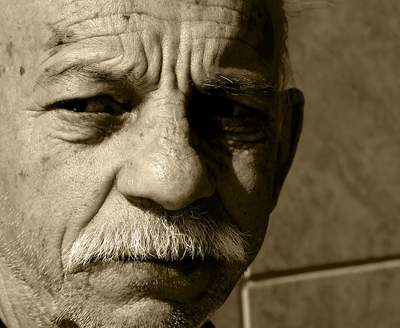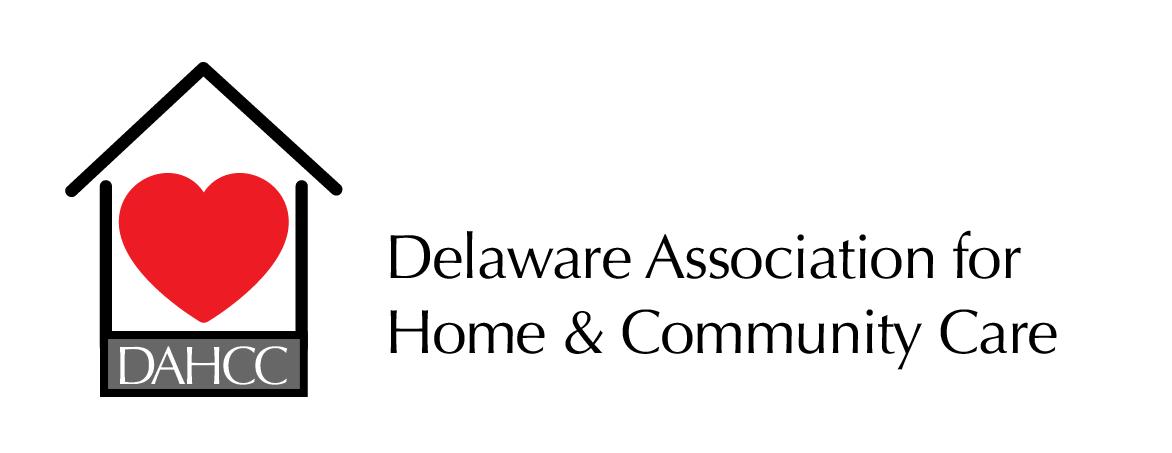The Impact of Loneliness on Health

At some point during our lives, we all experience the feeling of loneliness….the feeling of being disconnected and isolated, even when we’re surrounded by other people. Even the most social among us have had these feelings. Typically, these feelings are temporary in nature, perhaps caused by situations that are having a great impact on us personally but which we are reluctant to share even with those closest to us. Any time we perceive that no one else has ever felt what I’m feeling, or no one will ever understand what I’m going through, we feel loneliness. After all, “one is the loneliest number,”[i] and the impact of loneliness on health is very real.
For some people, loneliness is not a temporary condition, but a chronic one. It may be caused by a chosen social isolation, which quite literally denies one the chance to connect with others. It may be caused by a social isolation that is the result of feelings of insecurity, low self-esteem, and the mistaken belief that one has nothing to offer another human being and is, therefore, better off alone.
It is a fairly recent discovery of science that chronic loneliness is very detrimental to one’s health. Heart health is impacted by social isolation by the same level as anxiety and job stress. It raises blood pressure and inflammation and increases the risk of atherosclerosis, stroke, and heart attack. Loneliness and social isolation have also been linked to an overall weakened immune system and premature death.
Recent studies show that, in an age where the ability to connect to people worldwide is at our fingertips, more people than ever are experiencing and expressing feelings of loneliness. Such factors as marriage breakdown, long working hours, geographical hindrances, and an overload of obligations have created diminishing social networks, with fewer and fewer people having the time and energy to invest in building and maintaining meaningful relationships.
Isolation and the Elderly
For many elderly individuals, social isolation is not a choice. It is the result of several factors, such as the inability to drive, incontinence, the absence of friends and peers due to death, and long distances that may separate family members. Relying on others to take them to church and other social places requires more effort and energy than they possess. Staying at home is just easier.
For others, the decision to come out of isolation can be a personal choice. But for the elderly, the decision must be made for them. That requires the socially connected among society to utilize the very traits needed to foster close relationships–kindness, generosity, and empathy–to reach out to those most likely to be lonely.
Sources:
https://consumer.healthday.com/mental-health-information-25/psychology-and-mental-health-news-566/lonely-isolated-people-may-be-more-prone-to-heart-disease-stroke-710140.html
http://www.huffingtonpost.com/2015/03/21/science-loneliness_n_6864066.html
http://www.huffingtonpost.com/lena-aburdene-derhally/the-growing-problem-of-so_b_9847990.html
[i] Three Dog Night; 1969




